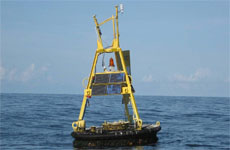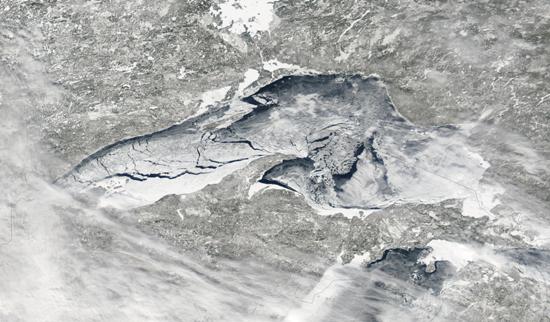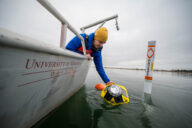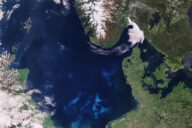Research links climate change to large lake temperature gradients
0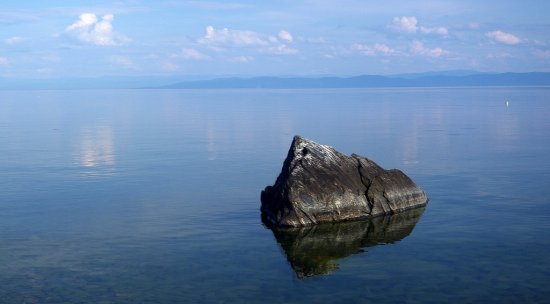
Lake Baikal
Lake Baikal, located in Siberia, is the oldest, deepest, and largest freshwater lake on the planet. A new report used historical lake temperature data from Baikal to investigate how climate change affects temperatures in large bodies of water.
The study was conducted by a team of scientists from the University of California at Santa Barbara, and their findings were published earlier this month in the journal PLoS ONE.
Because large lakes and other bodies of water commonly have tremendous biodiversity, even small changes in water temperature can translate to large local ecosystem fluctuations and other long-term local changes.
The authors said they hope to eventually use their work to gain a better grasp on how climate change influences the lake’s ecosystem.
“This work is important because we need to go beyond detecting past climate variation. We also need to know how those climate variations are actually translated into local ecosystem fluctuations and longer-term local changes,” said Stephanie Hampton, second author on the research publication. “Seeing how physical drivers of local ecology –– like water temperature –– are in turn reflecting global climate systems will allow us to determine what important short-term ecological changes may take place, such as changes in lake productivity.”
Among the research findings was a correlation between the lake and climate changes thousands of miles away. In particular, monthly variations in the abnormal warming of surface ocean waters in the eastern tropical Pacific, also referred to as El Niño, varied along with Lake Baikal’s temperature.
Another discovery was an apparent connection between the westerly jet streams in Earth’s atmosphere and Lake Baikal. When the jet stream changes strength and direction, Lake Baikal experiences seasonal changes.
Siberia’s Lake Baikal Feeling the Heat [Discovery News] World’s Largest Lake Sheds Light on Ecosystem Responses to Climate Variability [Science Daily]
Image Credit: Sergey Gabdurakhmanov




